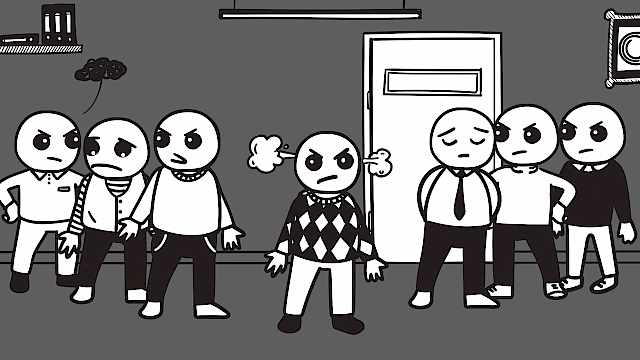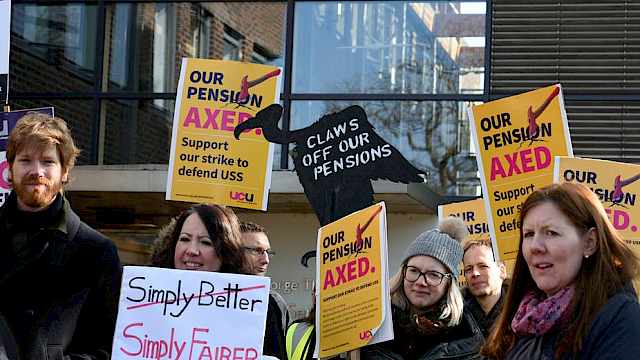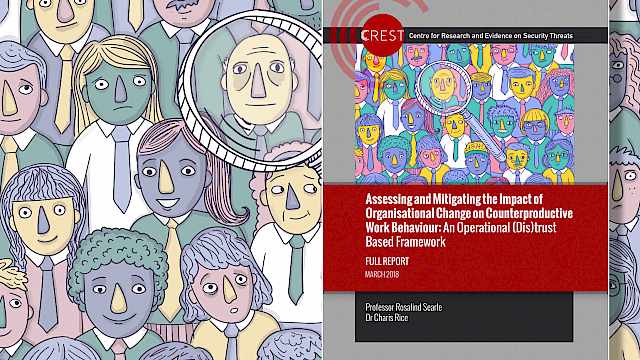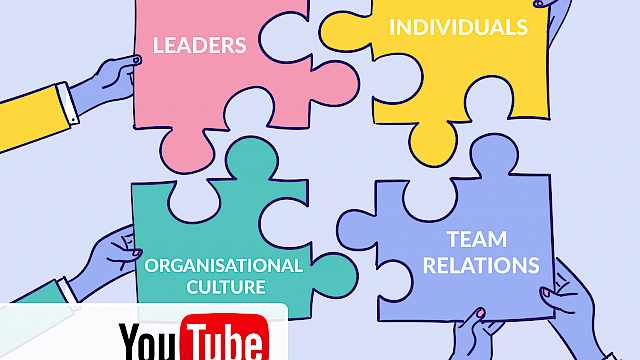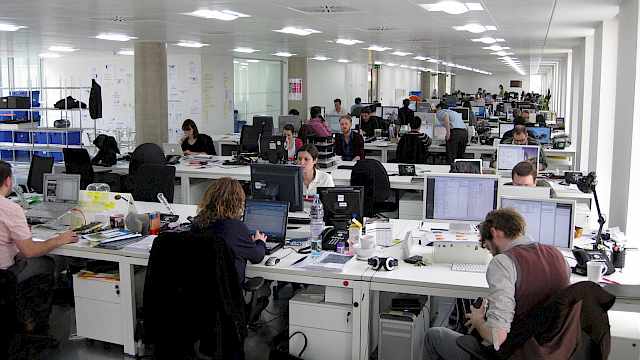
Assessing and mitigating the impact of organisational change on counterproductive work behaviour: An operational (dis)trust based framework.
Insider threat does not occur solely due to the recruitment of deviant or malicious individuals but can develop through negative employee perceptions and experiences with colleagues, managers or the organisation. Such perceptions are particularly likely with organisational changes to roles, relationships, and resources. Counterproductive working behaviours (CWB), are actions that threaten the effectiveness or harm the safety of an employer and its stakeholders. They can develop from small scale discretions (e.g. time-wasting or knowledge hiding) into serious insider threat activities (e.g. destroying systems or divulging confidential information to malicious others). Insider threat must, therefore, be considered within the context of the threat to wider public and national security.
Building on recent work, this project will test, refine and operationalise a (dis)trust framework through new primary data gathered via a case study of a high stakes defence engineering organisation undergoing considerable change. This project examines the dynamics of trust and distrust, to show how far it is a defining event or an accumulation of minor events that have the greatest impact on CWB and insider threat. Our (dis)trust-based framework and practitioner toolkit will advance scholarship into CWB and provide practical guidance for organisations undergoing change in other contexts.
The objectives of our project are:
- Provide a deeper understanding of the impact of change on employees’ (dis)trust in their organisation
- Identify the triggers of counterproductive working behaviours and insider threat during organisational change
- Explore how (dis)trust measures may be used to predict, identify and mitigate counterproductive working behaviours and insider acts.
Therefore, using a novel (dis)trust-based framework, the research questions of this study are:
- What impacts are produced by organisational changes in relation to counterproductive working behaviours and particularly insider acts?
- What role does (dis)trust within an organisational change context play in CWBs?
- What preventative measures can be taken by organisations to help mitigate the threat of counterproductive working behaviours and insider acts in organisational change initiatives?
